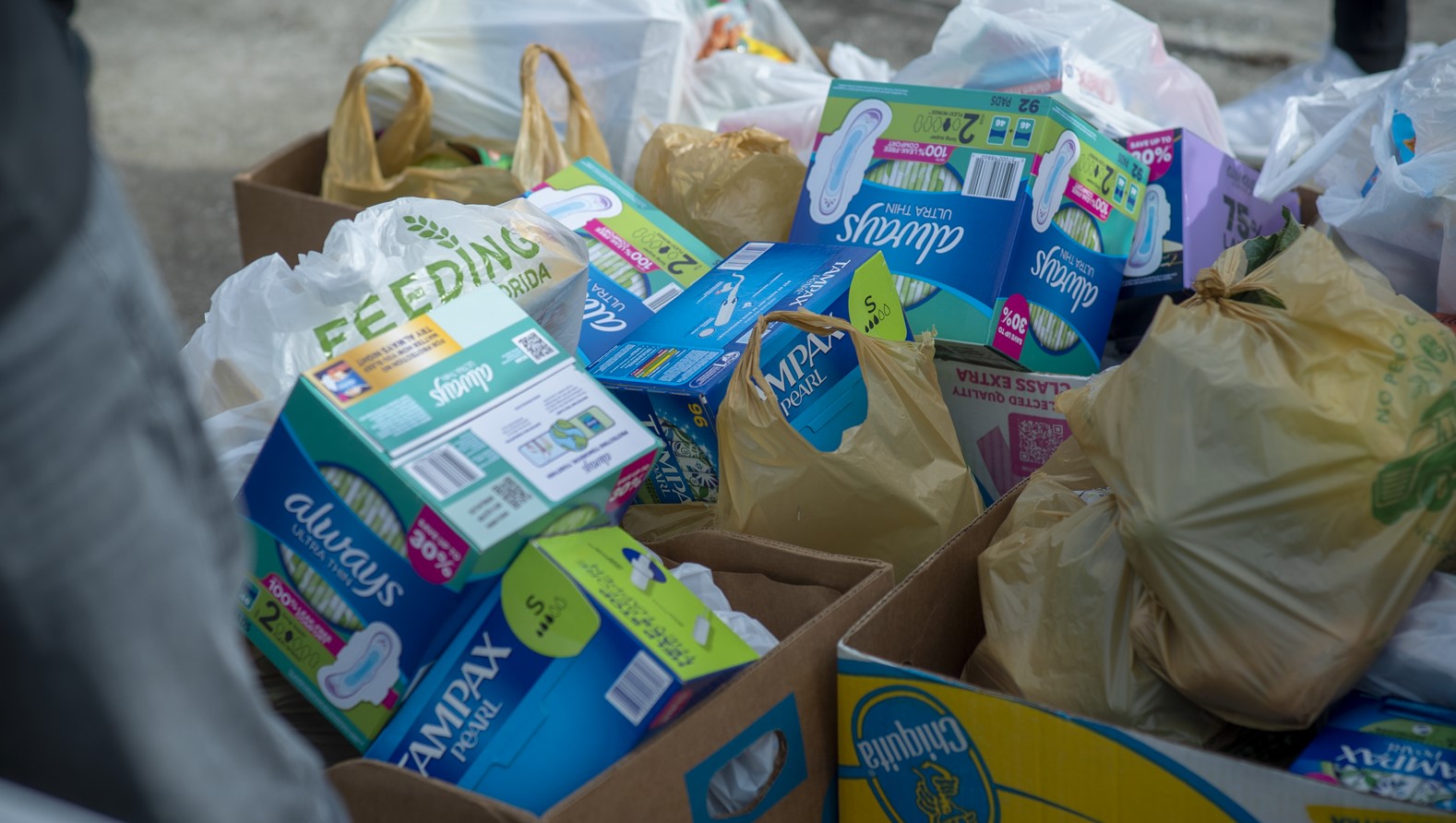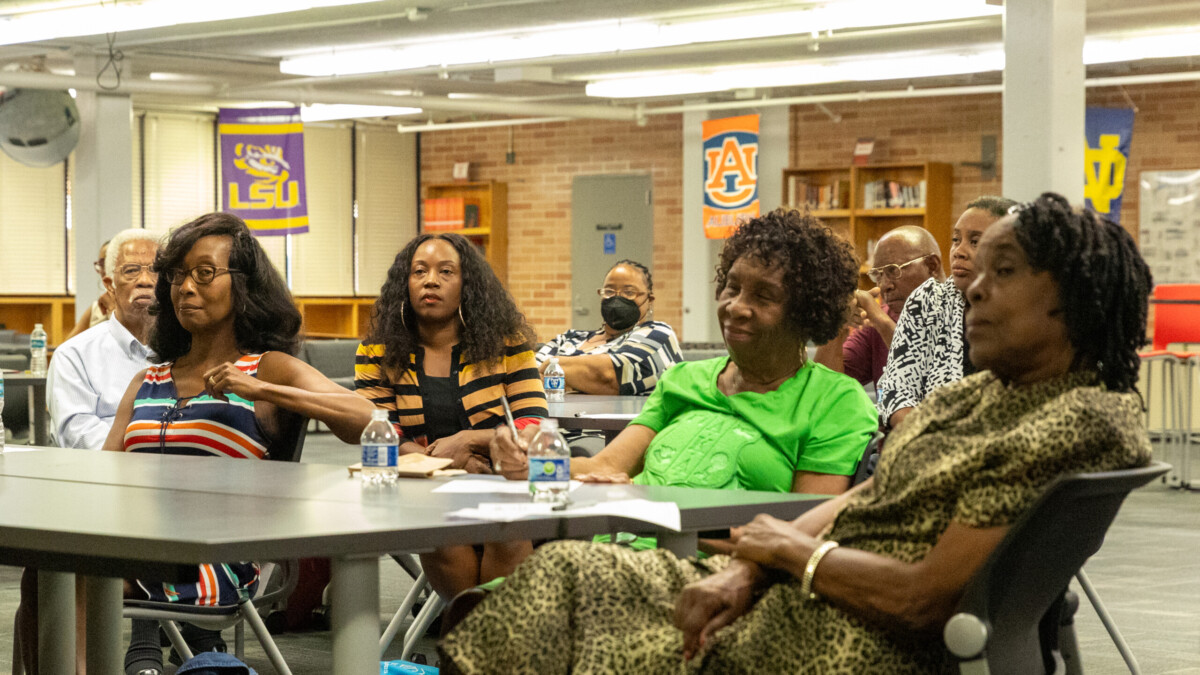Northeast Florida’s largest nonprofit food bank has merged with a longtime partner, and it will result in more medical items available to women during their menstrual periods.
Feeding Northeast Florida merged with Renewing Dignity and is now known as Renewing Dignity: A Program of Feeding Northeast Florida.
Feeding Northeast Florida has served the area since 2014 and helps the more than 260,000 people who suffer from some level of food insecurity across 12 counties. Renewing Dignity’s mission is to eliminate “period poverty” through distribution of menstrual products, education and advocacy.
While the need for food and basics necessities remains high, Feeding Northeast Florida President and CEO Susan King said there are many other needs that women and girls face. Nationally, 2 in 5 people struggle to purchase necessary products during their periods, she said.
“They are very expensive and are essential to being able to live a normal, day-to-day life,” King said. “You have a very heavy period, or really any period, and you don’t have product — you miss school; you miss work; you miss participating in life. It is a financial drain. … It’s a little bit like diapers. You can’t have a baby without diapers.”
Jan Healy, Renewing Dignity’s founder, remains on board of the renamed, combined agency, saying that their long-standing partnership “instills great confidence in this next phase of the organization.”
“I could not be more excited to see how we can continue to grow and serve women, girls and all who menstruate in our community,” Healey said in a news release.
Feeding Northeast Florida’s food bank provides resources to a service area that includes Alachua, Baker, Bradford, Clay, Duval, Flagler, Gilchrist, Levy, Nassau, Putnam, St. Johns and Union counties. It works with a network of food distribution, agency and community partners.
Those people in need are part of the estimated 785,000 women and girls in Florida who menstruate and struggle to access the basic necessities they need, including period products. That need continues despite a 2027 state law making period products, including pads, tampons and menstrual cups, tax-exempt.







